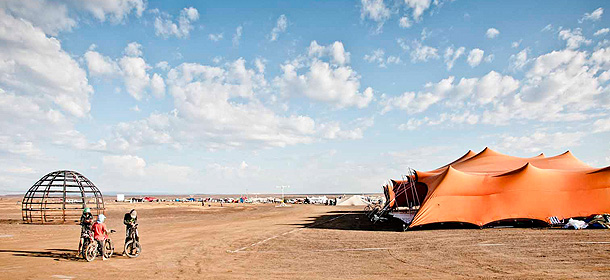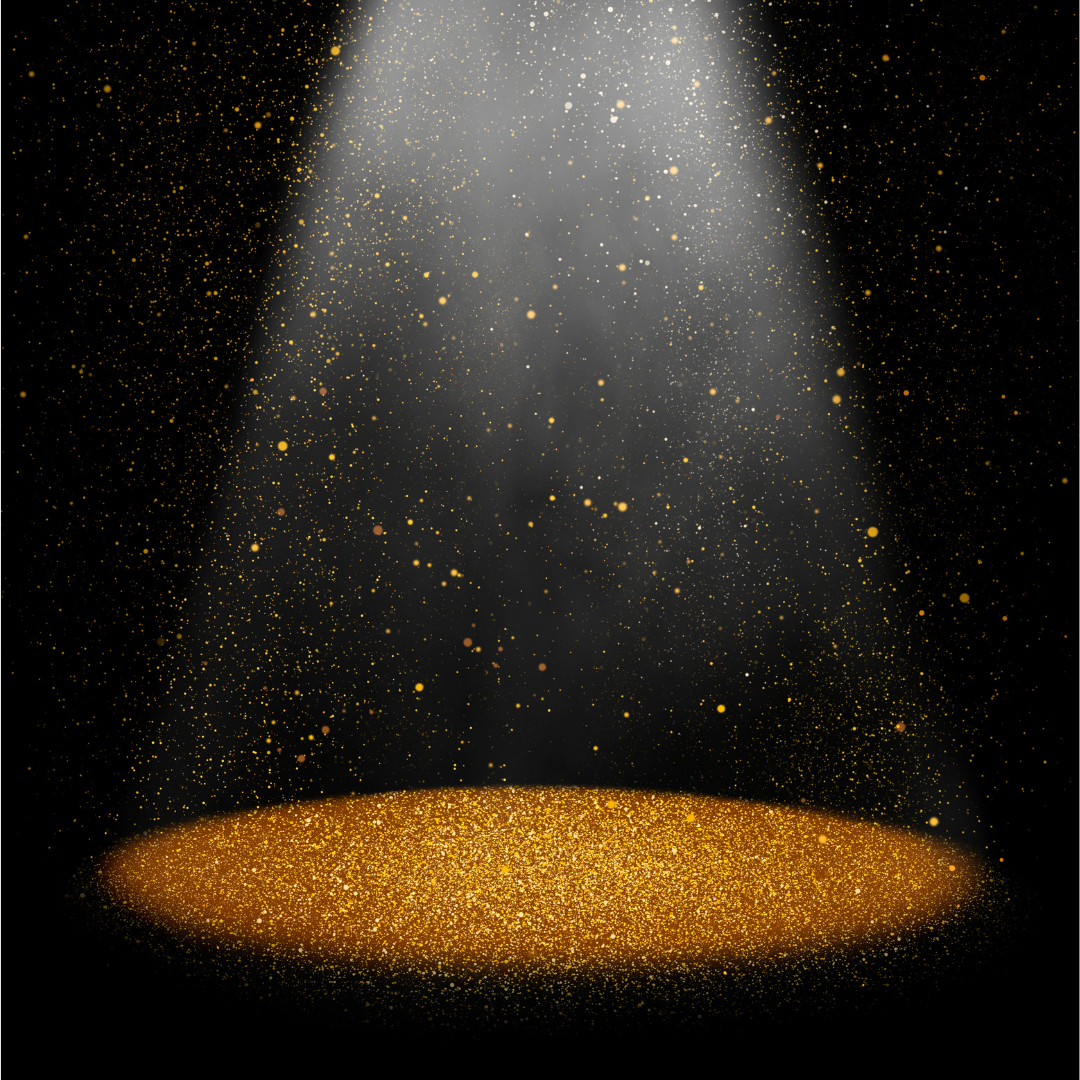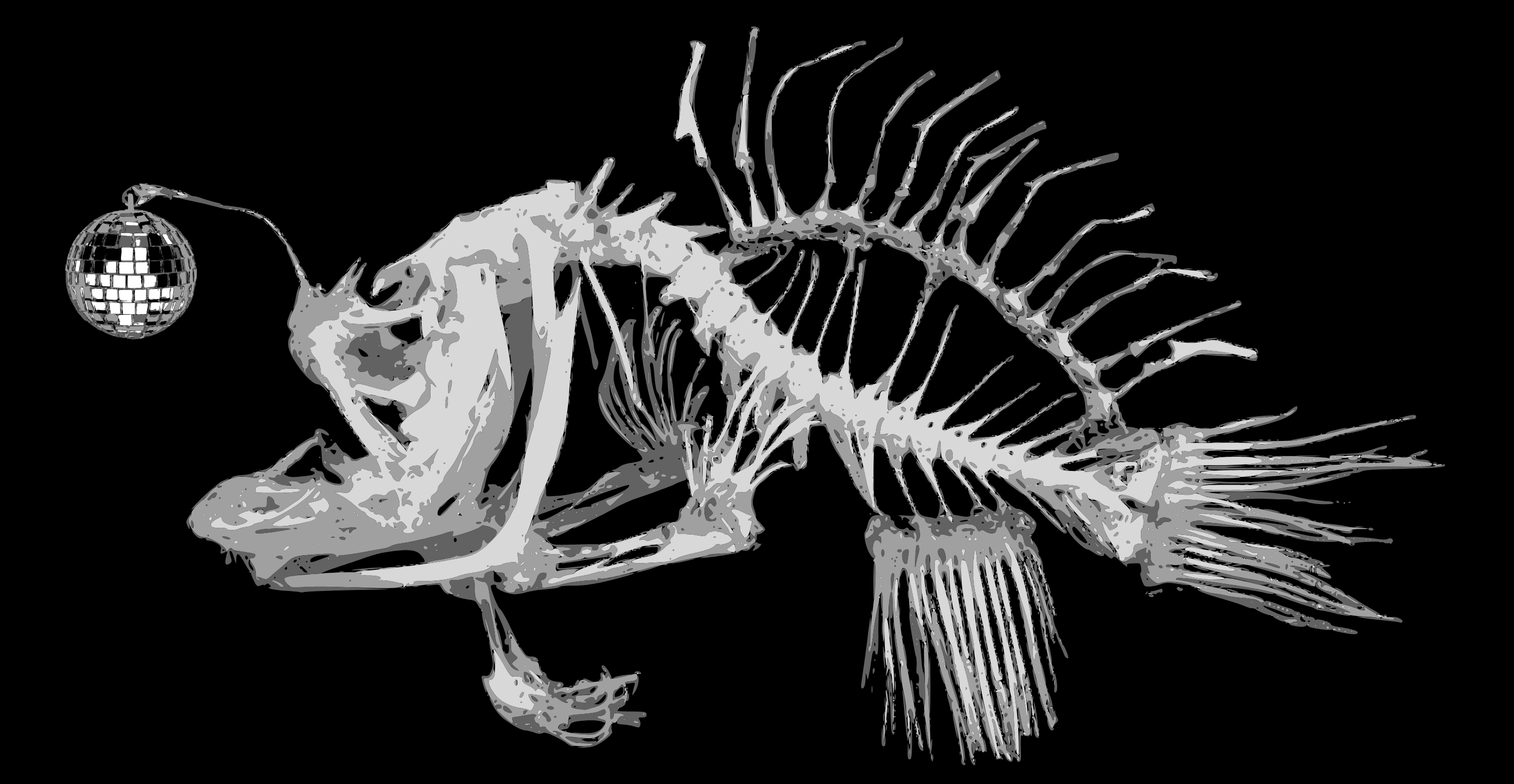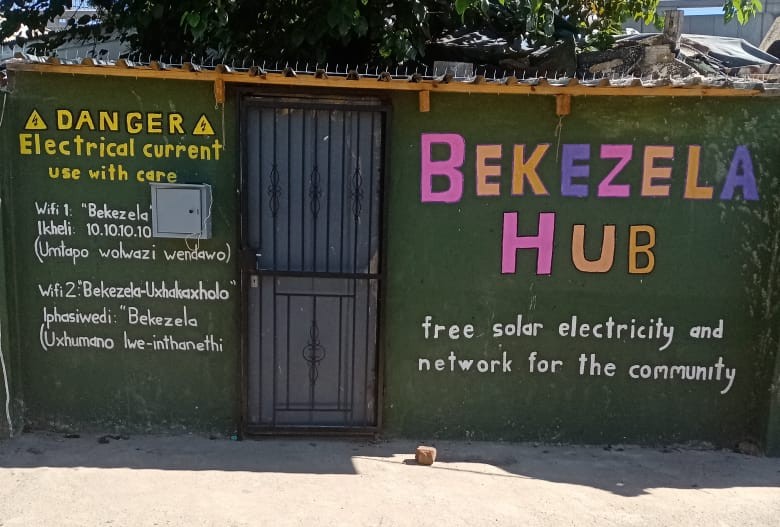Click here for Part 2 or Click here for Part 3
A TALE OF TENTS & WANDER AT AFRIKABURN – PART 1 of 3
“Piel soos a koevoet,” Carl says to me, grinning, his different colour eyes darting, blazing, as he greets me under a clear Helderberg morning. I get into his Isuzu Fleetside, a dirty single-cab work-horse of a bakkie with ostrich feathers and crystals colonising the rear-view mirror. “Piel soos ‘n koevoet! Right-O, let’s go!” And with that we zoom off into the labyrinthine termitary of an urban morning, and start our preparation for a tent job in the karoo.
Koevoet, a fierce mass of metal with a sharp bottom, a pole-type stick of steel which one drops into a hole in the ground to loosen the ground for the spade to have effective action. Koevoet, the Afrikaans word for crowbar, was also the name of a brutal paramilitary unit, synonymously known as Operation K, in Namibia during the 70s and 80s bush war. Jack Parow has added this little gem of a phrase to the South African lexicon, a zesty contribution to the already seasoned vernacular of the youth today. Little did we know that the next ten days would shape this phrase into a hard working mantra…
I am working with Carl, who owns a bedouin tent business. We are preparing for Afrikaburn, where we’re planning to put up seven tents for various customers to revel benath in their stay in the desolate plains of Tankwatown. We head into Airport Industria, where our Zimbabwean tent connection, Prince, operates from. He has a workshop with two men continuously sewing tents together. We need to pick up some of his larger ones, and get a tent fixed from the previous week of tent work.
I have long been fascinated with the designs of these tents: their ease and flexibility have resulted in them occupying all types of spaces, from bars in the center of town, to nomadic shelters in the middle of nowhere. The “stretchy tent”, or more officially known as the Bedouin tent, embodies the ideas of travel, exoticism, movement and escapism, and has forged its shape into our collective imagination. To trace the etymology of the word ‘Arab’, we find that it contains many meanings in the Semitic languages. What we notice though, as a concept relevant to the present discussion, is a definition, contested yet agreed upon, that an approximate translation is “passerby” or “nomad”. Bedouin, as a term, means “those in the desert”. The tent in general, and the concept of the Bedouin in particular, excites this theme of nomadic wander; of escapism – why are people today restless, curious, and eager to explore? When material comforts and social stability in the civilised reaches of an urban environment satisfy the upper reaches of Maslow’s Hierarchy of Needs, why uproot, even temporarily, such structures and reduce one’s social existence to the seeking of shelter in a new environment, the lower orders of Maslow’s hierarchy, the orders closer to the base level of survival?
Wandering, as expressed by Bruce Chatwin, is a characteristic inherited from the vegetarian primates, from who we evolved. Yet, as modern wanderers, there comes a point on our wandering where we begin longing our security and comfort again, our social nest of familiarity. This, according to Chatwin, is a characteristic inherited by our carnivourous antecedents; our emotional and biological need for a base, cave, den, or home. The word nomad derives from the Latin and Greek meaning ‘to pasture’. These days, with all agricultural needs catered for by a monetary system of exchange and the providence of well-organised market places, we as a modern people still have a primordial urge to wander in search of greener pastures, be they psychological, physical or emotional. We seek experiences which nourish our being, and environments which feed our souls. We seek an affirmation of our being, an expression of our being-in-the-world, and our experiences of being HUMAN.
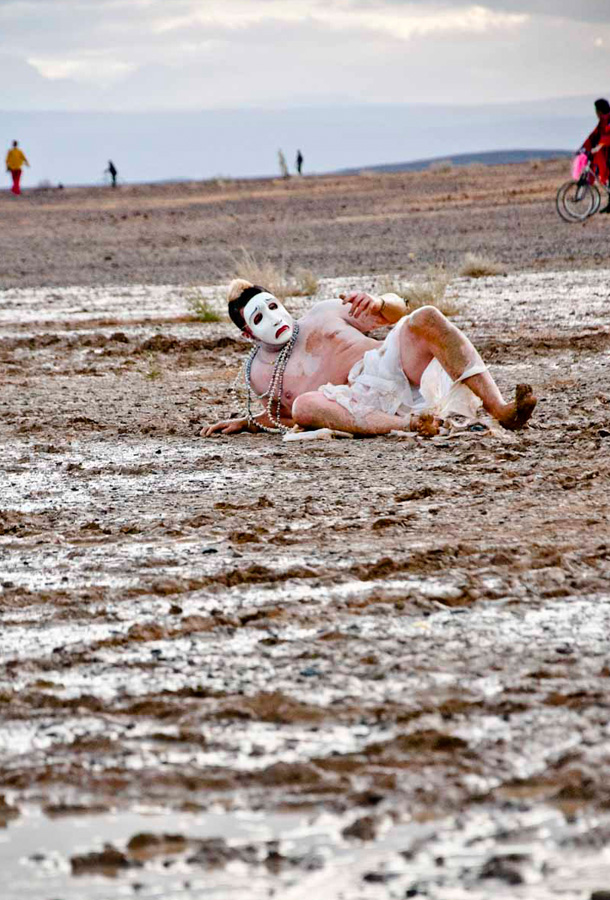
Travel excites the mind. Routine and complacency dull the senses and hide the true nature of things. By refreshing one’s sense-data through exploration and movement, we stay alert, receptive and alive. Robert Burton, in The Anatomy of Melancholia, understood that movement and travel is the best cure for melancholia: “The heavens themselves run continually round, the sun riseth and sets, stars and planets keep their constant motions, the air is still tossed by the winds, the waters ebb and flow … to teach us that we should ever be in motion!”
It’s 23:30, Tuesday night. We’ve fetched, stitched and accumulated all matters of tent-necessities for our trip into the Tankwa karoo. It has been a chaotic scramble to finish off a week of tent work, and realign our energy for the mysterious Afrikaburn. We are outside Carl’s house, emptying the bakkie and trailer for the last time. We are up at five a.m. to leave for AfrikaBurn. We re-pack the bakkie, and get into bed.
I am driving up the N1. Oncoming lights blind me as I travel as fast as this loaded vehicle can safely allow. I hope that we may make Worcester around 8, so that shops are open, and that we may be able to get some supplies. The manic transits of Tuesday are still hurtling images through my mind. The sense-data dumped by an exhaustive circuit of the same places over and over has left traces of ambiguity in my tired mind and aching body. Blisters try and heal as I hold gently to the steering wheel. Carl is fast asleep on the seat next to me.
We approach Worcester. It’s good time. I will be able to find an open bottle store. I dread the chance of being caught at AfrikaBurn without supplies. We find a Pick ‘n Pay, and collect our food supplies: breads, potjie ingredients, fruit, coffee; I get some toiletries I have been desperate for over the last ten days of bush-whacking. Get some beer and wine, some brandy. Everything you might possibly need for the entire stay over.
Photo credits: Timothy Gabb
Click here for Part 2 or Click here for Part 3

